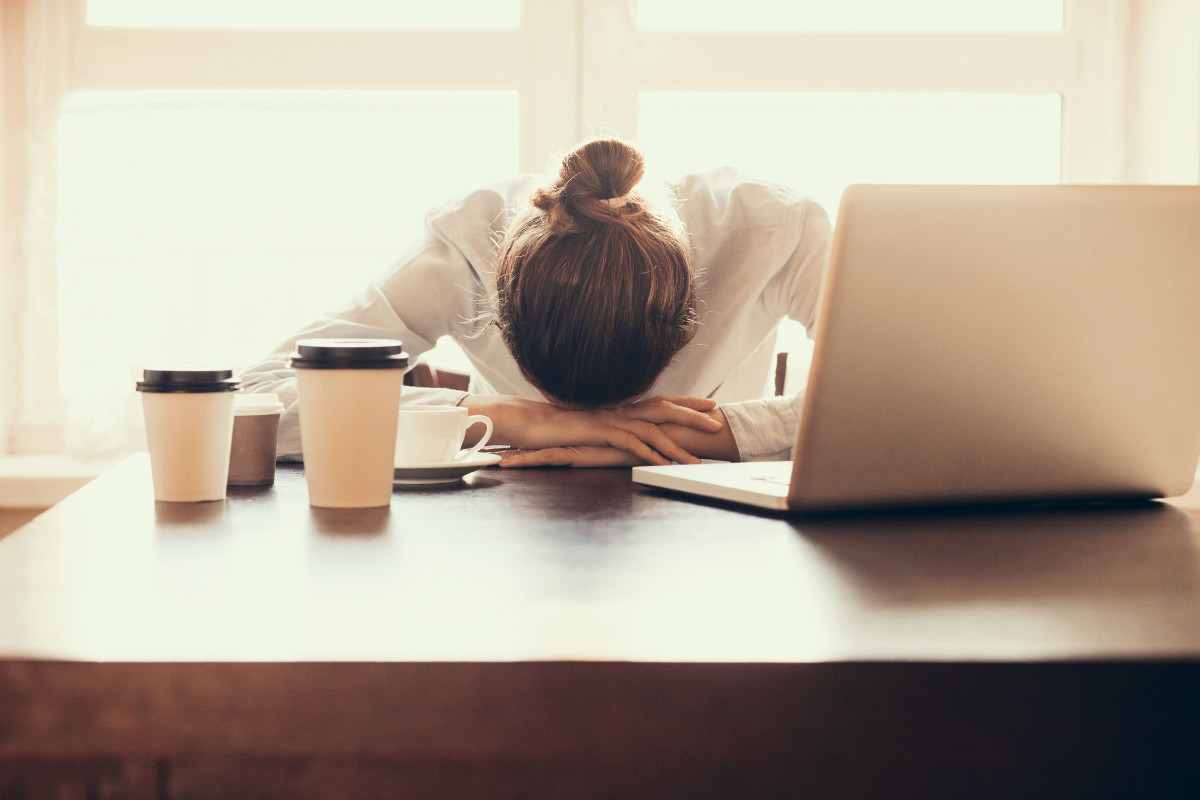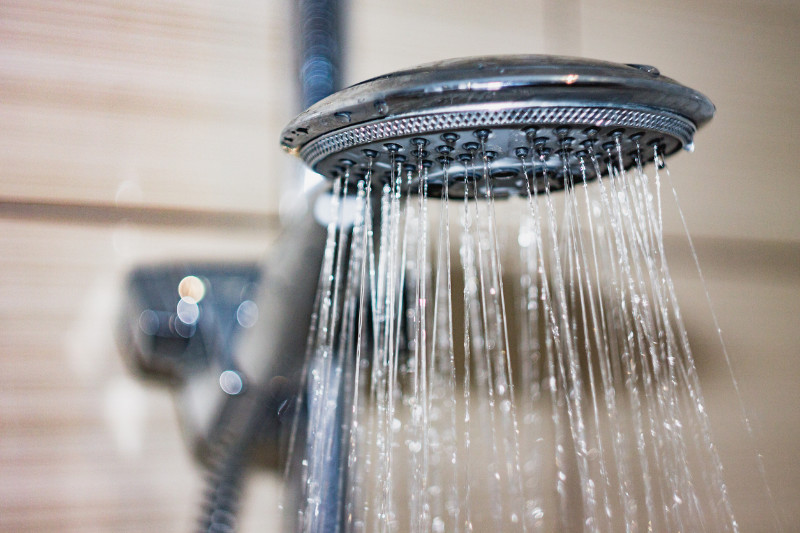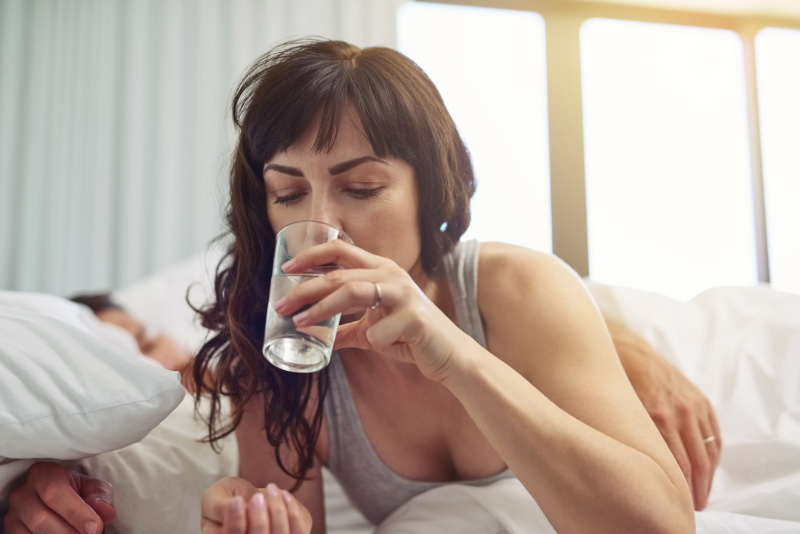Whether it’s work keeping you up late, children refusing to go to bed or one-too-many episodes of your favourite Netflix series preventing you from turning out the light, most of us could use more sleep. Understanding why lack of sleep is bad for your health is the first step in recognising its impact and changing sleep habits to get a better night’s rest.
Why lack of sleep is bad for your health
While seven to nine hours shut-eye each night is the ideal, according to The Great British Bedtime Report, 74% of us normally get less than seven hours and 12% regularly sleep less than five. And that’s not good news for our health.
“The seven hours target is the result of studies that have shown getting less than seven – or more than nine hours – sleep, is associated with long-term health risks,” says Dr Jeff Foster, a private GP in Warwickshire.
Here are some of the health dangers associated with permanently sleeping too little.
1. Lack of sleep means you could pile on the pounds
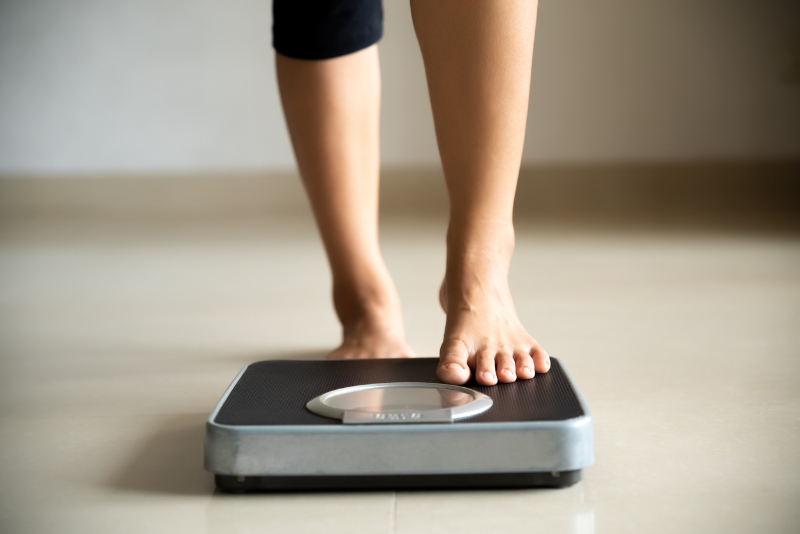
Studies have indicated that people who sleep for less than seven hours a night have a higher risk of obesity. This is due to sleep deprivation reducing levels of leptin, the chemical that makes you feel full, and increasing levels of ghrelin, the hormone that stimulates hunger. The result? You eat more.
2. Your mental health may suffer

An occasional night without sleep might leave you feeling irritable but after several nights, the psychological effects become more serious. But if you’re wondering why lack of sleep is bad for your health, you also need to consider your mental wellbeing.
“You may notice poor concentration, difficulty with memory, difficulty in making decisions, increased stress levels and even the onset of depression,” says Dr Foster. “People with prolonged severe sleep deprivation can develop psychosis, meaning they experience hallucinations and delusions.”
3. Lack of sleep can increase your risk of heart disease
People who don’t get enough sleep are at a higher risk of getting heart disease regardless of their age, weight, exercise and smoking habits.
Disruptions to the sleep cycle can cause changes to the metabolism as well as rises in blood pressure and inflammation in the body, all of which increase the risk of developing cardiovascular disease including heart attacks and strokes.
4. You’re more likely to catch a cold with too little slumber
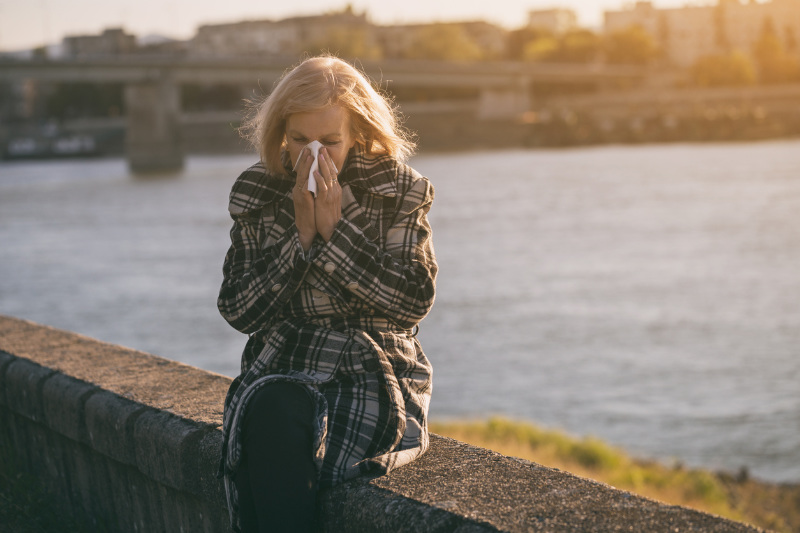
If you’re permanently sleep deprived, you may be less able to fend off illness,
“Sleep is essential for a healthy immune system. People who have chronic poor sleep have been shown to suffer more significantly from illnesses like the common cold,” says Dr Foster.
5. It may be harder to conceive
Regular sleep disruption can cause fertility problems in both men and women due to a reduction in the secretion of reproductive hormones – a surprising reason why lack of sleep is bad for your health.
Long-term poor kip can lower a man’s sperm count by a third as testosterone, the hormone crucial for reproduction and sex drive is produced at night.
If you’re a woman, long-term lack of slumber may directly affect the release of luteinizing hormone, or LH — the hormone that triggers ovulation as part of regulating your menstrual cycle. The resulting menstrual irregularity may mean it takes longer to conceive.
6. And you might go off sex
Research suggests those who fail to get enough sleep have lower libidos. Though this affects both sexes, men are particularly at risk.
“Testosterone is produced in the early hours of the morning but at least four hours of deep sleep is needed for the body to start producing it. If you’re sleeping for less than seven hours a night, it’s unlikely you will be getting enough deep sleep, resulting in decreased testosterone levels and a lower sex drive,” says Dr Foster.
How to survive the day when you’ve struggled to sleep
When you have trouble sleeping, most people want to give you advice on how to drop off, and you’re probably keen to hear of anything that’ll help. But what about when you need to be more alert – when the morning comes and it’s time for work or your daily routine?
According to a study by Aviva, as many as 16 million UK adults are suffering from sleepless nights as a third (31%) say they have insomnia. Now you know why lack of sleep is bad for your health, you need to know the steps to take to handle it.
Surviving the day after a bad night’s sleep is a personal thing but it can be tackled, say experts. Sleep issues affects celebs too – George Clooney, Mariah Carey and Jennifer Aniston have all spoken about their struggles with insomnia. Aniston reportedly likes to try yoga poses to help her sleep, but here are a few things to try when dawn comes around and you have to get on with your day.
Bear in mind that if you have any serious sleep issues you should go and see your GP.
Take a cold shower and get some fresh air
Abbas Kanani, pharmacist at Chemist Click says starting the day with a cold shower can help. “This can help to shock your body and can leave you feeling energised.
He adds: “Walk to work or to the station. Take deep breaths of fresh air to get a good supply of oxygen around your body.”
Sing to overcome a lack of sleep
Yes, really. Emma Baylin, founder of Shared Harmonies CIC, which organises community and workplace choirs and singing workshops, says: “Singing has loads of benefits, including helping you sleep better or overcoming the negative side effects of a restless night the next day.
“When we sing, we use our throat and palate muscles, which strengthens them and reduces the risk of snoring and sleep apnoea.Singing is also a natural stress reliever; it boosts endorphins, which can reduce our perception of pain, raises serotonin, which regulates our mood, and increases dopamine which gives feelings of bliss.
“Any singing is beneficial – whether you’re belting out a tune in the shower or having a sing song to the radio in the office.”
Slow and control your breathing

“Being tired is one thing, being stressed another. So whenever you remember, bring your awareness to your breath (for example noticing the air on your upper lip) and with each out-breath, allow yourself to relax,” says Karin Peters from Inner Pilgrim. “Whatever the reason for the lack of sleep, treat yourself gently and have an overall attitude of ‘good enough will do’.”
Transformational breath coach Stuart Sandeman, founder of Breathpod adds: “The optimal way to breathe to energise yourself and recover from a terrible sleep would be to make sure your breath is full and open to get enough oxygen to all the cells in the body.
“The best way to do this is by using the primary breathing muscle – the diaphragm. When we breathe with the diaphragm, the displacement of the air and organs downwards forces the belly to expand before the chest.”
Drink water to stay hydrated
You will be temped to reach for some caffeine with a side order of caffeine, and coffee will give you an immediate boost because it’s a stimulant, but remember that you need to balance that out with some good old fashioned water, too.
“Drink water. Especially if you are using caffeine to help keep you stimulated, you will need water to hydrate you. Dehydration can drain your energy levels and make you tired, so keep hydrated to help you to stay awake,” says Kanani.
Spend time in daylight
Chris Brantner, certified sleep science coach at SleepZoo, says: “Get in the light. The sun is crucial for signalling your body that it’s time to wake up and get moving. And not only does the sun energise you, but it also helps regulate your circadian rhythm. So the more you can expose yourself to sunlight, the more awake you’ll feel, the better chance you’ll have of resetting your sleep/wake cycle, also getting a better night’s sleep the following night.”
Recommended: How to cope with seasonal affective disorder.
Try a power nap
Brantner is a fan of the power nap if you can find time. For some this might mean finding a space where you can be alone and quiet – not always easy.
“Try to sneak away early afternoon for a quick nap. This could give you the boost you need to make it through the rest of the day,” he says. “However, a couple of caveats: Don’t sleep too long, or you’ll wake up feeling groggy and out of sorts. And make sure not to nap too late in the afternoon. Doing so can make it more difficult to fall asleep that night, perpetuating an already-disrupted sleep/wake cycle.”
Try Emotional Freedom Technique tapping
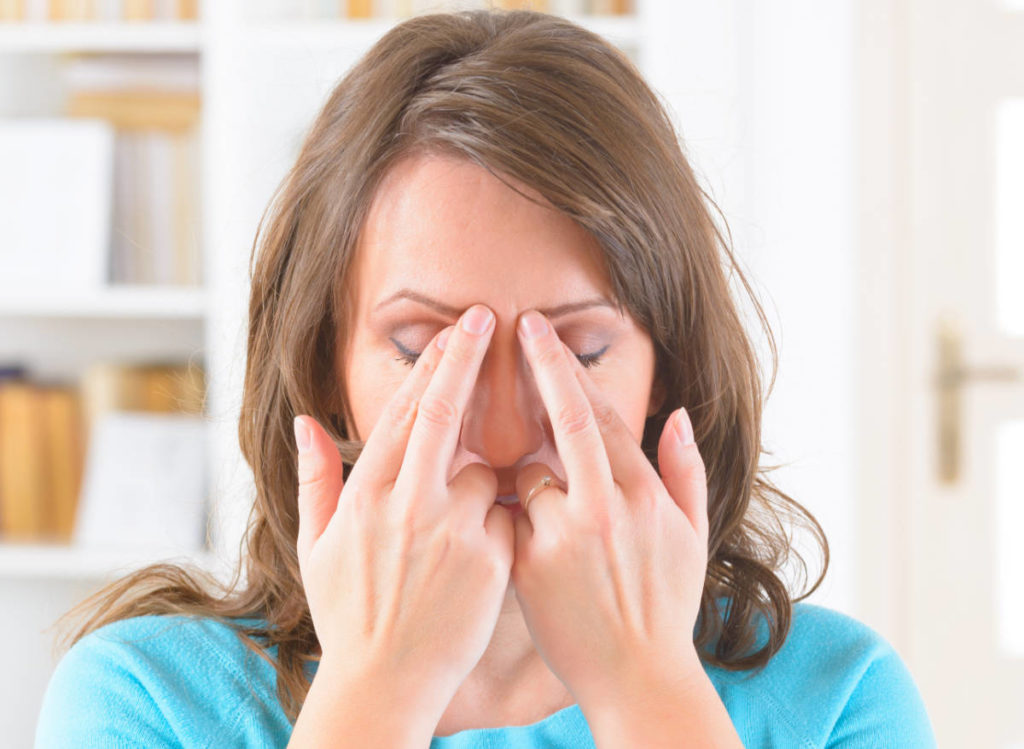
You might not have heard of this one, but it’s a technique where you literally tap your fingertips or hand against specific places on the body called Emotional Freedom Technique (EFT) tapping, and according to success coach and author of Self-Care for the Soul Jody Shield, it can help you focus.
“When we wake up in the morning sometimes we wake up with anxiety for the day ahead or from a terrible night’s sleep,” she says. “Tapping is amazing because it starts the energy flowing around the body and it gets you into your body and grounded. It helps you feel more awake faster – great if you feel like you haven’t had that much needed rest!
“If you tap on your collarbone with your hand in a fist and breathe in at the same time it allows you to get oxygen into the blood stream faster, which is really awakening in the morning especially.”
How to sleep when worried about something – 12 tips for worry-free sleeping























































